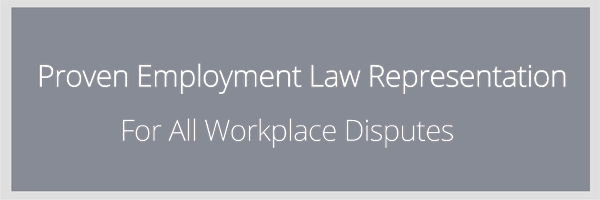On Monday, January 6, 2025, the U.S. Court of Appeals for the Second Circuit heard oral argument in the case of Stephanie Kushner v. New York City Department of Education, Appeal No. 23-7274, which involves a claim for failure to accommodate the plaintiff’s religious objections to a COVID-19 vaccination policy. The panel members were Chief Judge Debra Ann Livingston, Judge Sarah Merriam, and Senior Judge John M. Walker, Jr. Steven M. Warshawsky argued the case on behalf of the plaintiff, Ms. Kushner.
The case stems from events in the fall of 2021 when NYC imposed a COVID-19 vaccination mandate on city employees, including teachers working for DOE. Ms. Kushner, who follows the Jewish faith, applied for a religious exemption, which was denied by DOE. Like so many other city employees, Ms. Kushner’s employment was terminated when she did not get the vaccine.
After obtaining a right to sue notice from the EEOC, we brought suit on Ms. Kushner’s behalf under Title VII of the Civil Rights Act of 1964, which requires employers to reasonably accommodate employees’ religious beliefs and practices unless doing so would impose an undue hardship on the employer. The case was filed in September 2022 in the U.S. District Court for the Eastern District of New York. (The suit was filed along with another DOE employee whose religious exemption also had been denied. Her case continues.)
Unfortunately, the district court granted the DOE’s motion to dismiss Ms. Kushner’s complaint in September 2023. Disregarding Ms. Kushner’s expressed religious objections based on a passage from Deuteronomy, the district court decided that Ms. Kushner’s “true concerns” were about the safety and efficacy of the COVID-19 vaccines. The district court further decided that there were no possible accommodations that could have been offered to Ms. Kushner that would not have imposed an undue hardship on DOE, despite evidence cited by the plaintiff that the COVID-19 vaccines do not stop transmission of the illness, that Ms. Kushner would have followed rigorous safety precautions (testing, masking, distancing, sanitizing, etc.), and that school children are the group least “at risk” from COVID-19.
On appeal, we argued that the district court overstepped its authority when deciding DOE’s motion. In deciding a motion to dismiss, the district court is supposed to assume the truth of the plaintiff’s allegations and draw inferences in favor of the plaintiff. The only question is supposed to be whether or not the plaintiff has stated a plausible claim for relief. In this case, however, the judge acted more like the jury at trial, rejecting Ms. Kushner’s religious objections to the COVID-19 vaccines and ruling in favor of the DOE as a matter of law. We appealed the decision to the Second Circuit in October 2023.
The oral argument on the appeal was quite lively and substantive. It appeared that the judges were interested in the legal and procedural issues in the case, and took our concerns seriously. We are hopeful that the Second Circuit will reverse the district court’s decision and allow Ms. Kushner the opportunity to pursue her vaccine exemption claim in court and obtain some measure of justice for the wrongs she suffered in this case.



